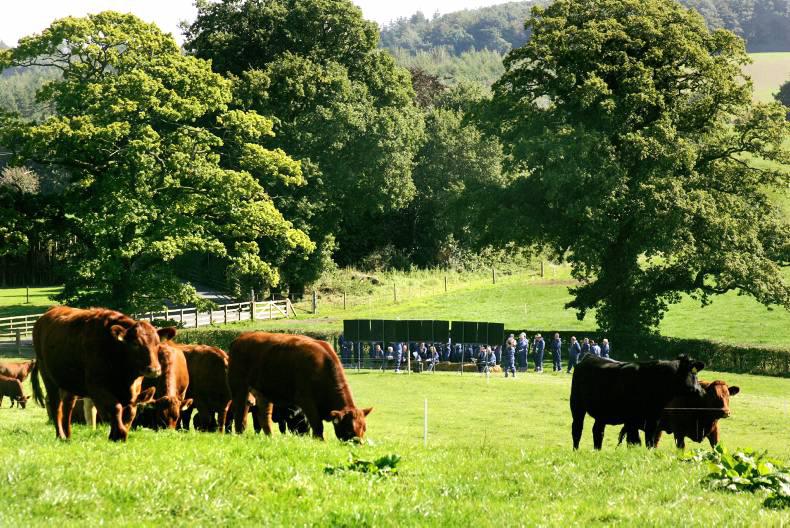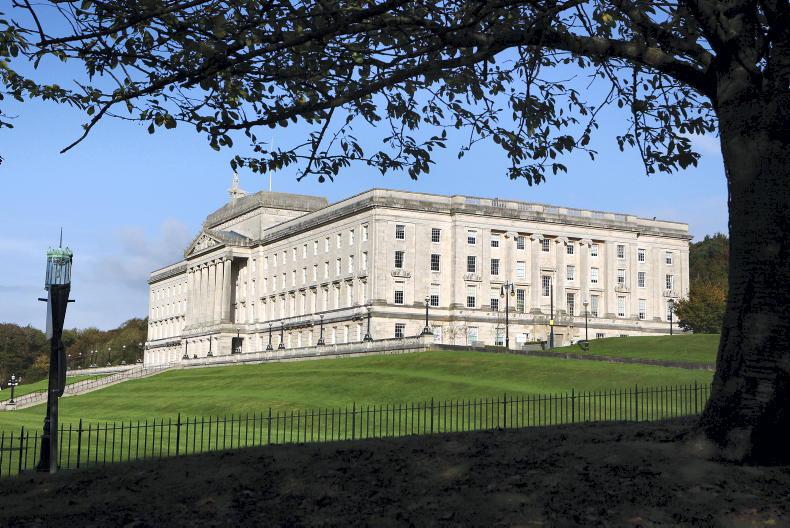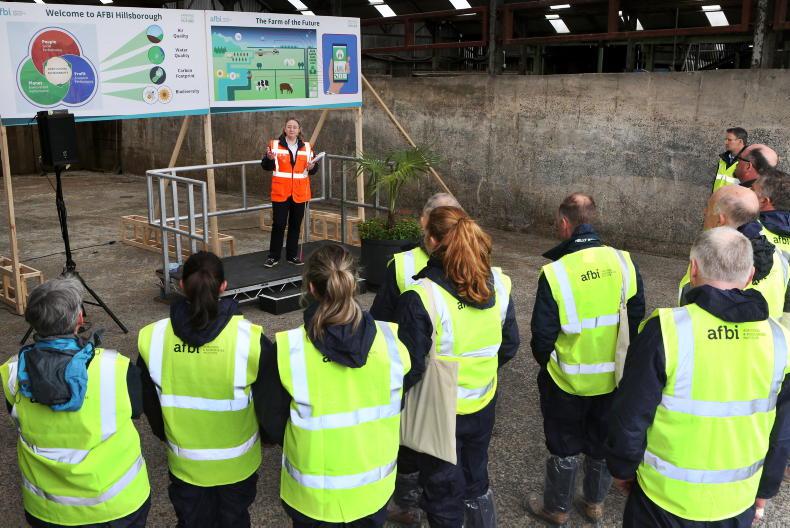Despite only being in the post for less than three months, the new CEO of the agri-food and biosciences institute (AFBI), Professor Elaine Watson, has already begun a process to change the senior management structure within the organisation.
The Irish Farmers Journal understands that the tier of senior management under the CEO have been told that their posts are to be replaced by a new head of science, a head of business and a head of operations. The three staff affected are Dr Sinclair Mayne, currently the director of sustainable agri-food; Dr Stanley McDowell, the director of veterinary sciences; and Mary Jackson, who is currently acting director for finance and corporate affairs.
The change to the senior management structure is all part of a review into the current operation of AFBI, which is aimed at “making it work more effectively”. That should be set against a backdrop of a very difficult financial situation, highlighted in a business plan for 2016/17, which was published last week.
It shows that in 2015/16, the AFBI budget allocation from DAERA was cut by £4m. Alongside that, there was an additional £3.5m of costs to be absorbed. To deliver the required savings, 135 staff left the organisation, saving £4m, with another 17 to go in 2016/17.
Total staff numbers have moved from 805 at the start of 2015/16 to 639 by 2016/17. “Any further significant reduction in staff numbers will fundamentally impact AFBI’s viability as a scientific institute,” the document states.
However, with AFBI’s medium-term financial plan forecasting an annual deficit increasing to £7.2m by 2019/20, it looks as though the organisation will have to downsize further. Part of that downsizing will involve getting out of the current headquarters in Newforge Road, Belfast, which are “excessively large”, as well as the planned closure of Crossnacreevy. A number of references are also made to sharing facilities with CAFRE.
Significant investment is also required in other buildings, including AFBI’s veterinary science division at Stoney Road in Belfast which could cost £30m. In total, the business plan suggests that it could take £80m to “rationalise and reconfigure” the AFBI estate.
AFBI has also set an income target, outside of grant aid from DAERA, of £19m for 2016/17. It is not that much greater than the 2015/16 income of £17.3m, but when put in the context of 20% less staff working in the organisation, it looks challenging.









SHARING OPTIONS